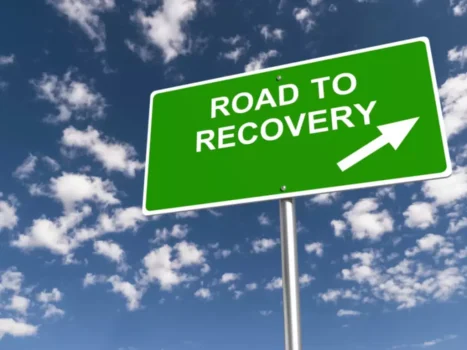
They think it has something to do with how fast or slow your brain adapts during recovery. Sometimes called alcoholic hallucinosis, these can show up within 12 to 24 hours after you quit. Tell your doctor if you see, hear, or feel things that aren’t there. Dr. Raman’s four decades spent caring for patients of all ages shines through in his work at WelbeHealth.
Alcohol Impairs Decision-Making Processes and Impulse Control
- Dehydration can contribute to brain fog, so it’s important to drink plenty of fluids, especially water, after drinking alcohol.
- This is because alcohol has a dehydrating effect on the brain, which can cause cells to shrink.
- In alcohol addiction treatment, alcohol-induced brain fog is a significant problem.
- Alcohol fog is a temporary condition that is caused by drinking too much alcohol.
This article will explore the connection between alcohol and brain fog from drinking. If you are thinking about quitting drinking, talk to your healthcare provider. Medical supervision, behavioral health treatment, and mutual-aid groups can help you through alcohol withdrawal and stay stopped. People with alcohol use disorder (AUD) tend to have thinning in regions of their cortex; the wrinkled outer layer to the brain critical to so many higher order cognitive functions.
Consider starting a healthy withdrawal program
- Consult a healthcare professional to get effective guidance on overcoming brain fog and other AUD withdrawal symptoms.
- These may still be mild, or the existing symptoms might increase in severity.
- The use of glucose includes its conversion into a usable energy source, through an electrochemical process known as oxidative phosphorylation.
- Individuals should be prepared to be uncomfortable during this period and have medical help available if needed.
One effective alcohol addiction treatment is through cognitive behavioral therapy (CBT). It helps individuals recognize and change negative thought patterns and behaviors that lead to alcohol misuse. Thankfully, there are plenty of ways that you can do to treat brain fog naturally and alcohol addiction safely, and enhance your brain function, such as the ways we listed above.

Ways To Get Rid Of Brain Fog After Drinking Alcohol

When a person who drinks heavily stops abruptly, that rush of dopamine is also reduced. Eventually, the brain will try to recalibrate itself; and for the most part, it can restore its dopamine to more consistent levels. Many people who join the abstinence movement and want to quit alcohol don’t fall within these parameters.

However, you don’t have to rely solely on nuts for your brain food. For example, blueberries may help prevent neurodegeneration, and avocados are rich in monounsaturated fats that protect brain cells. A consistent flow of nutrients will keep your brain sharp throughout the day. One of the best things about getting sober is that there’s a newfound clarity of thought. Irrational thoughts that lead to impulsive behavior are replaced by more reasonable ones. This initial phase of sobriety can be invigorating and is often referred to as the « pink cloud »—a period that feels a little like you’ve found a unicorn.
Reducing stress

While everyone’s experience is different, learning more about the typical withdrawal timeline can help you set expectations and make a plan to get through challenges. Through studying functional MRIs, Berman and her team also determined that women had an increased response to emotional stimuli compared alcohol brain fog to control subjects. Men, on the other hand, had less activation to emotionally charged images, including images of alcoholic beverages. Berman recalls that one of her research subjects, who had been sober for over a decade, pressed the panic button when she saw a picture of alcohol during her MRI.

Spend time in nature
A healthcare provider can provide a thorough evaluation and recommend an appropriate treatment plan to support recovery and improve overall well-being. While giving up alcohol is an important step towards improved health, seniors may face new challenges related to “brain fog” or mental confusion. In this blog post, we will explore the causes of brain fog after quitting drinking, how it affects seniors, and what steps can be taken to overcome it.
It’s important to treat both disorders to ensure the best possible addiction recovery outcome. Dual diagnosis treatment is the best approach to tackle these issues. Comorbidity is a repeated theme within addiction treatment, considering the symptoms of mental health are influenced by substance use and vice versa.